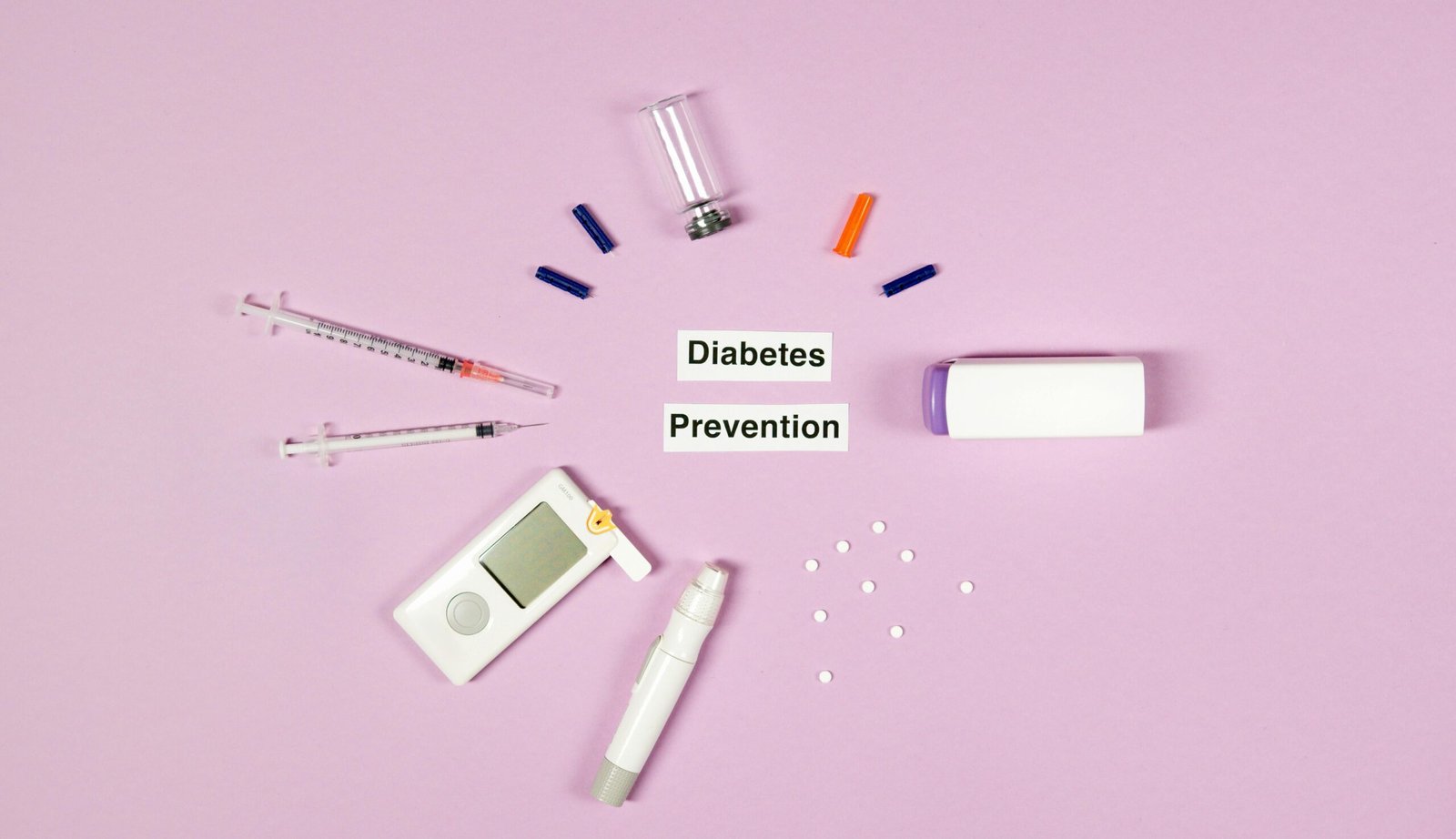Potatoes are one of the most popular food species in the world as they form a basis of many different types of cuisines. French fries and chips, boiled potatoes, and mashed all can be comforting and caloric no matter the culture. Nevertheless, as far as health is concerned, especially the possibility of getting type 2 diabetes (T2D), there has always been a debate about potatoes.
The BMJ (2025) study reviewed data (comprising over 200,000 subjects) in three large studies (the Nurses Health Study, Nurses health Study II and the Health Professionals follow up study) in the United States, funded by the National Institutes of health, which ran virtually the entire 38 years of recorded history. One fundamental question that the researchers sought to answer was whether consumption of potatoes, in some forms particularly, elevated the chances of you developing type 2 diabetes.
Key Findings
Fries Increase the Risk of Diabetes
The analysis has revealed that the risk of suffering T2D is obviously associated with the French fries consumption.
As little as three additional servings of fries a week was associated with a 20% increase in diabetes.
Individuals classified as consuming five or more portions of fries per week had 27 percent labeling themselves at increased risk of developing diabetes as opposed to those of infrequent use of fries portions consumption.
That risk was consistent over long-term follow-up, indicating that fried potatoes are especially bad because of their high glycemic load, unhealthy fats, and high-density calories.
Boiled, Baked, or Mashed Potatoes Showed No Significant Risk
Conversely, boiled, baked, or mashed potatoes were not related to type 2 diabetes at all in a significant way.
Individuals who consumed up to five portions per week of these forms did not have a statistically relevant rise in danger.
There was no apparent hazard ratio at all in non-fried potatoes at a value of 1.01 (95% CI 0.98 105)
It means that the way you cook it also matters a lot boiled or baked potato is much less outrageous compared to the deep fried potatoes.
Substituting Whole grains for potatoes prevents Diabetes
Substitution analysis was the most convincing of the study.
Using three servings of total potatoes replaced with whole grains weekly, lowered the risk of diabetes by 8%.
The risk was reduced by an amazing 19 percent by replacing French fries with whole grains.
On the contrary, substitution with white rice did heighten the risk of diabetes instead of potatoes
This points out the idea that this is not merely potatoes, but what you replace them with. Unprocessed grains are reliably protective against chronic illnesses, and processed carbs deteriorate risk.
The Results Confirmed in Meta-Analysis
The researchers buttressed their results by pooling their findings with that of 13 prospective cohort studies (including almost 600,000 individuals).
The pooled findings indicated that three additional servings of total potatoes a week added to the risk of getting diabetes by 3%, thereby fried potatoes added 16%.
Once more replacement of potatoes with whole grains reduced risk greatly
Why French Fries are a Bad Deal as compared with Boiled Potatoes
They are different in glycemic impact and cooking procedures:
French fries: They are very starchy, prepared with unhealthy oil, usually salty and have lots of calories → raises sugar in blood levels and it is a contributor to weight gain.
Boiled/ baked potatoes: Maintain such nutrients as fiber, vitamin C, potassium and polyphenols and are equally not characterized by a high diabetes risk upon consumption in modest quantities.
This, in turn, makes French fries a processed and high-glycemic food with plain boiled potatoes being more of a whole food.

What This Implies To You
The research brings down to earth an overall eat day eating message:
Cut down on fries and chips, eat them on special occasion once in awhile not every week.
Be not afraid of boiled or baked potato when consumed in moderation, they cannot be associated with an increased risk of diabetes.
Select whole grains- Replacing fries (potatoes) or whole grain starchy foods, such as brown rice, oats, quinoa, or whole wheat with more whole grains instead of fries decreases the risk of developing diabetes.
Limit white sugars and refined carbs- replacing potatoes with white rice or refined grains exacerbates your risk.
Conclusion
The research paper conducted by BMJ offers one of the most convincing responses so far to the controversy of potato and diabetes. Not the potato but the way it is cooked and what you use in its place plays a key role. Boiled, baked or smashed potatoes do not heighten the danger of type 2 diabetes, whereas French fries do. The healthiest switch? Whole grains.
To put it simply: Eat your potatoes boiled and baked, never fried, and whole grains when you can.
References & Resources
Mousavi, S.M., Gu, X., Imamura, F., et al. (2025). Total and specific potato intake and risk of type 2 diabetes: results from three US cohort studies and a substitution meta-analysis of prospective cohorts. The BMJ, 390:e082121. DOI: 10.1136/bmj-2024-082121
Harvard T.H. Chan School of Public Health – Nutrition Source: Potatoes and Health
Centers for Disease Control and Prevention (CDC) – Diabetes and Healthy Eating

